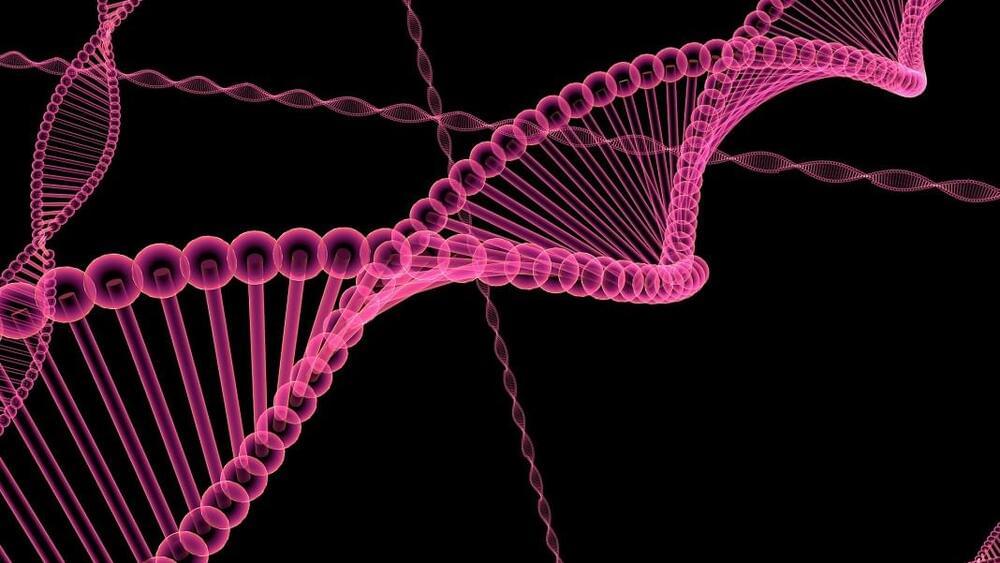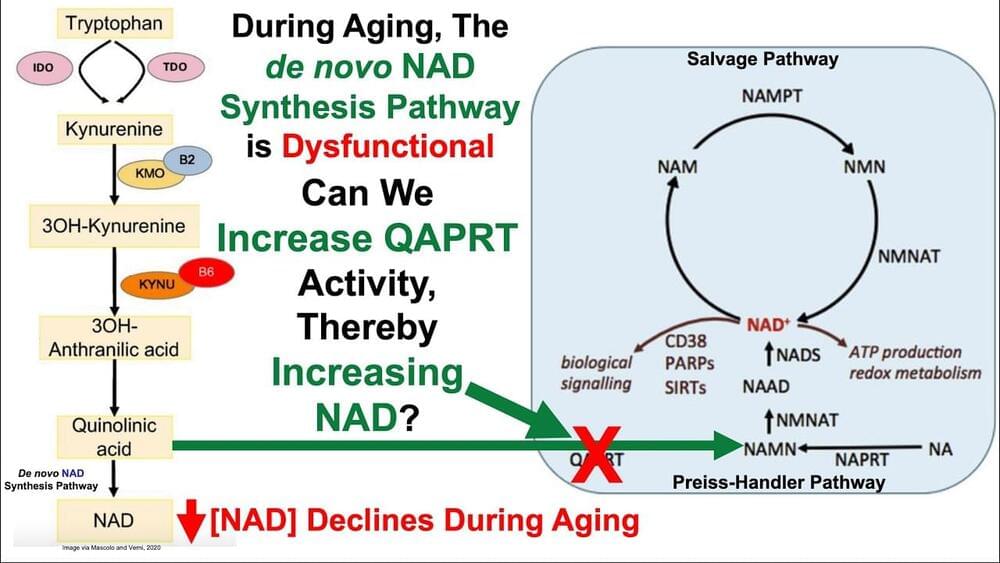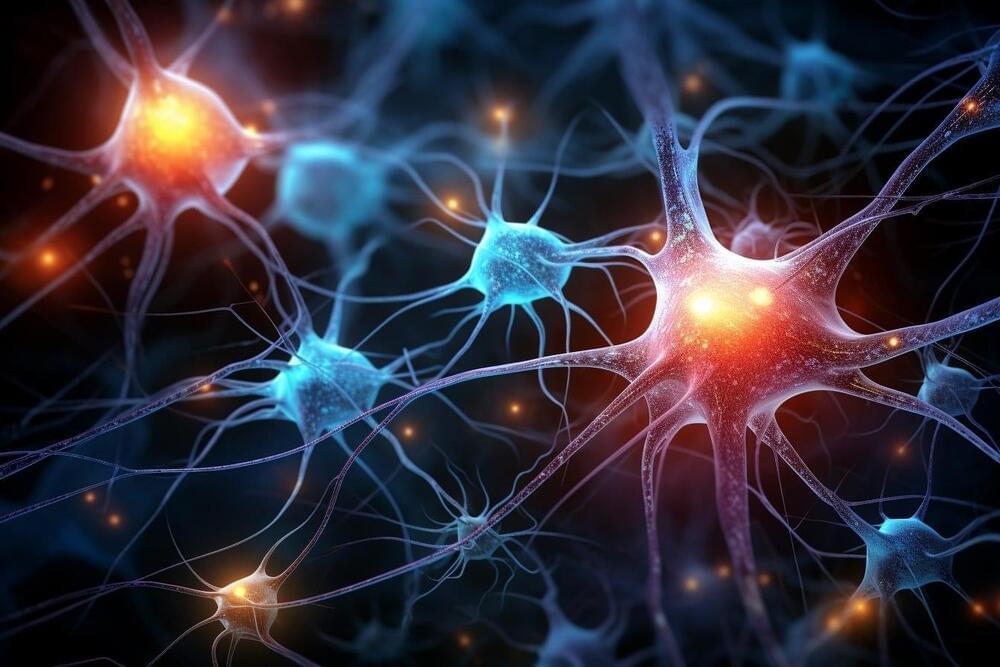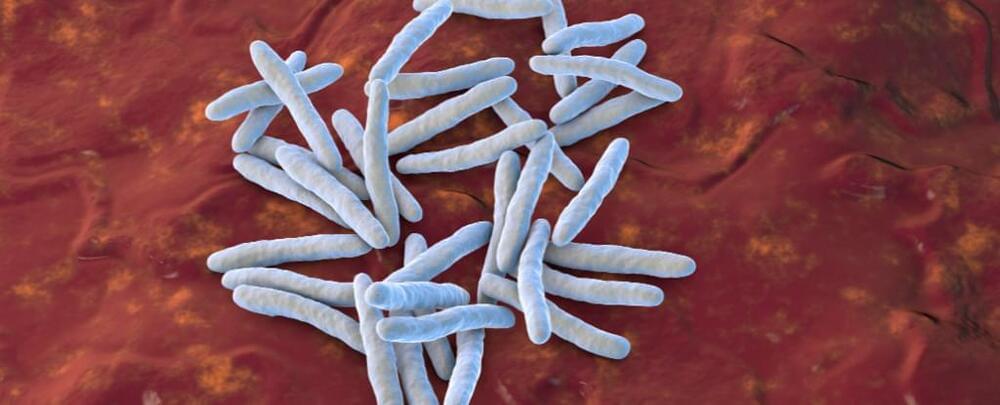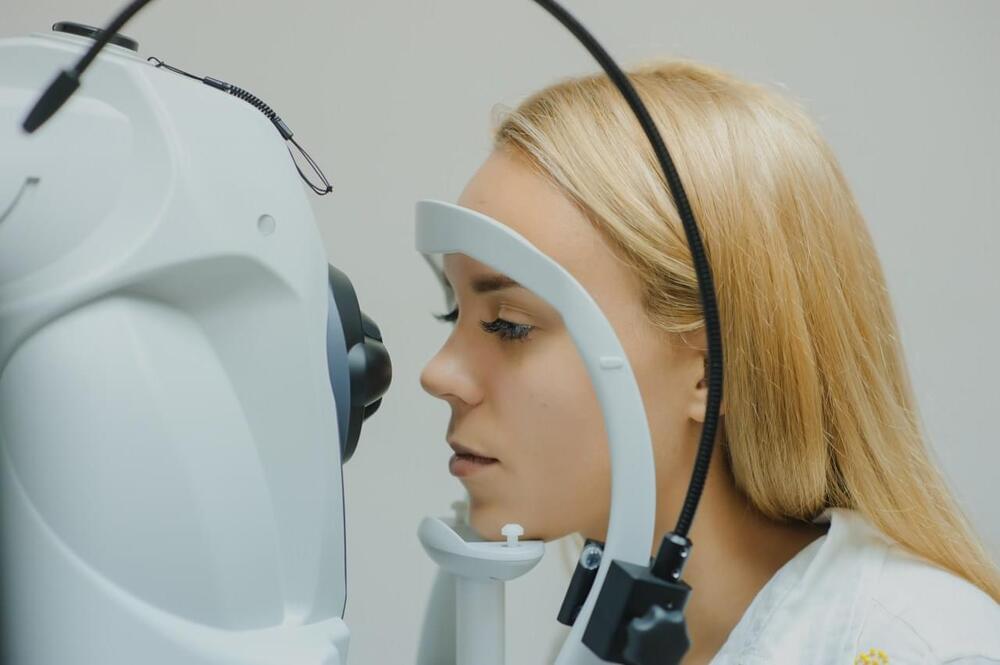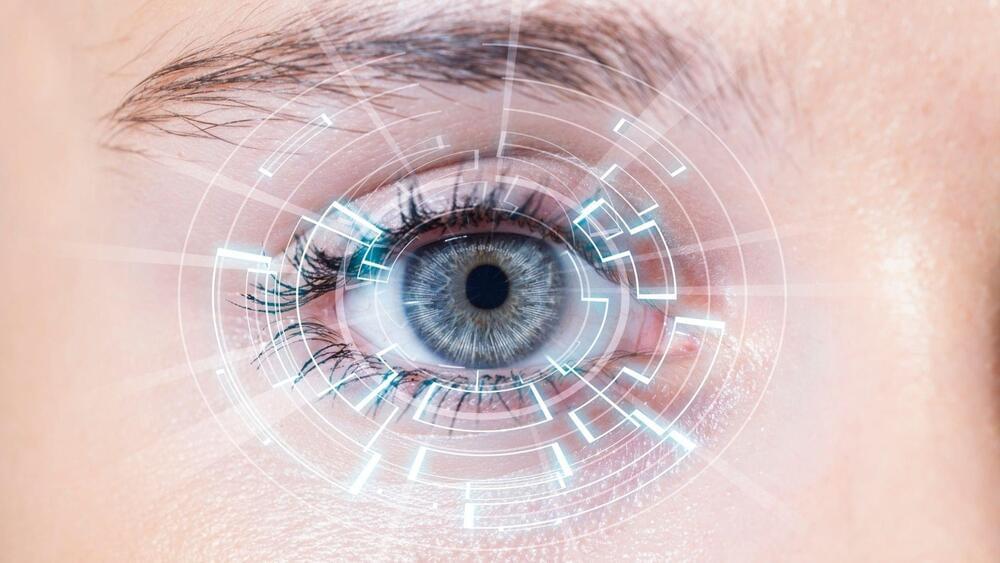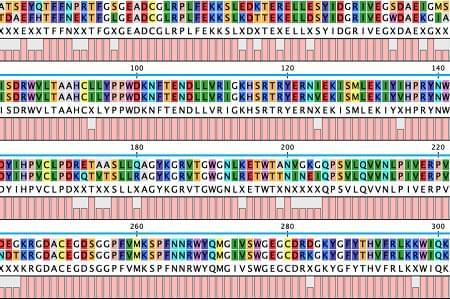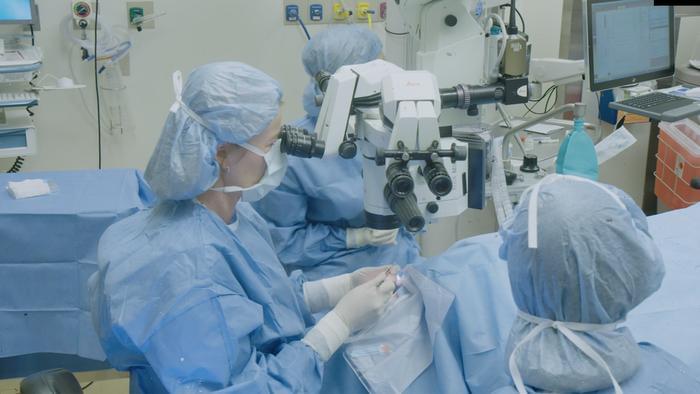Aug 23, 2023
Electrogenetics Study Finds We Could One Day Control Our Genes With Wearables
Posted by Dan Breeden in categories: biotech/medical, genetics, mobile phones, wearables
The team used acupuncture needles to deliver the trigger for 10 seconds a day, and the blood sugar levels in the mice returned to normal within a month. The rodents even regained the ability to manage blood sugar levels after a large meal without the need for external insulin, a normally difficult feat.
Called “electrogenetics,” these interfaces are still in their infancy. But the team is especially excited for their potential in wearables to directly guide therapeutics for metabolic and potentially other disorders. Because the setup requires very little power, three AA batteries could trigger a daily insulin shot for more than five years, they said.
The study is the latest to connect the body’s analogue controls—gene expression—with digital and programmable software such as smartphone apps. The system is “a leap forward, representing the missing link that will enable wearables to control genes in the not-so-distant future,” said the team.
